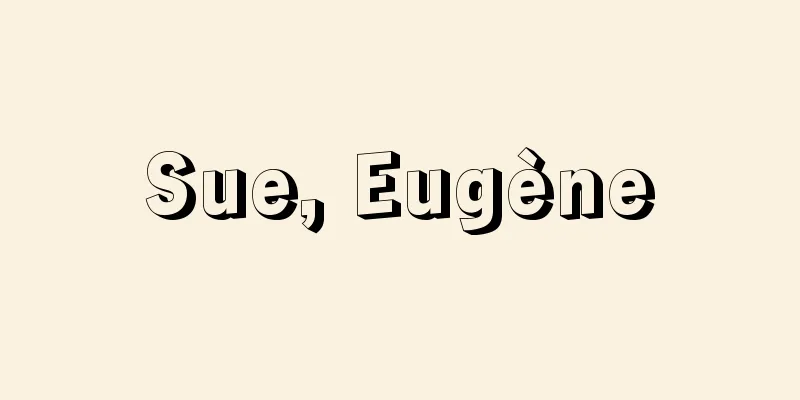Sue, Eugène

|
Born: January 26, 1804, Paris Died: August 3, 1857. Annecy, Haute-Savoie. French novelist. Real name Marie-Joseph Sue. He became a naval surgeon, but after being discharged in 1829, he began his literary career by writing maritime adventure novels. A socialist influenced by Proudhon, he portrayed the lives of the poor with warm sympathy through skillful plot development and vivid character and scene descriptions, and became the most widely read of his contemporaries. His masterpiece, Les mystères de Paris (1842-43), which depicts the slums of Paris, was a huge success as a newspaper serial novel, and influenced Hugo's Les Miserables. His other works include Le Juif errant (1944-45) and Les Sept Péchés capitaux (The Seven Deadly Sins) (1947-49). Shoo |
|
[生]1804.1.26. パリ [没]1857.8.3. オートサボア,アヌシー フランスの小説家。本名 Marie-Joseph Sue。海軍軍医になったが 1829年除隊後,海洋冒険小説によって文筆生活に入った。プルードンの影響を受けた社会主義者で,巧みな筋運びと精彩ある人物・情景描写とにより,貧しい人々の生活をあたたかい同情の目をもって描き,同時代作家のなかで最も広く読まれた。パリの貧民街を描いた代表作『パリの秘密』 Les mystères de Paris (1842~43) は,新聞連載小説 roman-feuilletonとして大成功を収め,ユゴーの『レ・ミゼラブル』にも影響を与えた。ほかに『さまよえるユダヤ人』 Le Juif errant (1944~45) ,『七つの大罪』 Les Sept Péchés capitaux (1947~49) など。 シュー
|
Recommend
The Grave of Ihokkibe Tokutarihime - The Grave of Ihokkibe Tokutarihime
…It is also called a tombstone inscription. Origi...
Minmin cicada - Minminzemi
A species of the family Cicadidae in the suborder...
Large-leaved lily - Large-leaved lily
→ Purple Hanana Source : Heibonsha Encyclopedia Ab...
UAL Inc.
…In 1934, the transportation division of United A...
Large saw - Ogabiki
…The appearance of the large saw brought about a ...
Boundary element method
…The finite element method requires a large compu...
tunica albuginea (English spelling) tunica albuginea
…Each is a flattened ellipsoid about the size of ...
Cockatoo - Cockatoo
…A general term for mammals belonging to the Chir...
Photosensitivity Disorder
A general term for diseases in which exposure to s...
Gas coal
A coal containing about 35% volatile matter and su...
Kyo Nishiki
A type of goldfish. It has a long Edo Nishiki tail...
Denzo Otsuki
Born: January 1, 1702 (Genroku 15). Kanazawa, Kaga...
Appetizer - Fish
A general term for things served with sake. In the...
Ouroboros - Ouroboros (English spelling)
A snake or dragon that bites and swallows its own...
Grierson, GA
... It is easy to predict that the linguistic sit...









